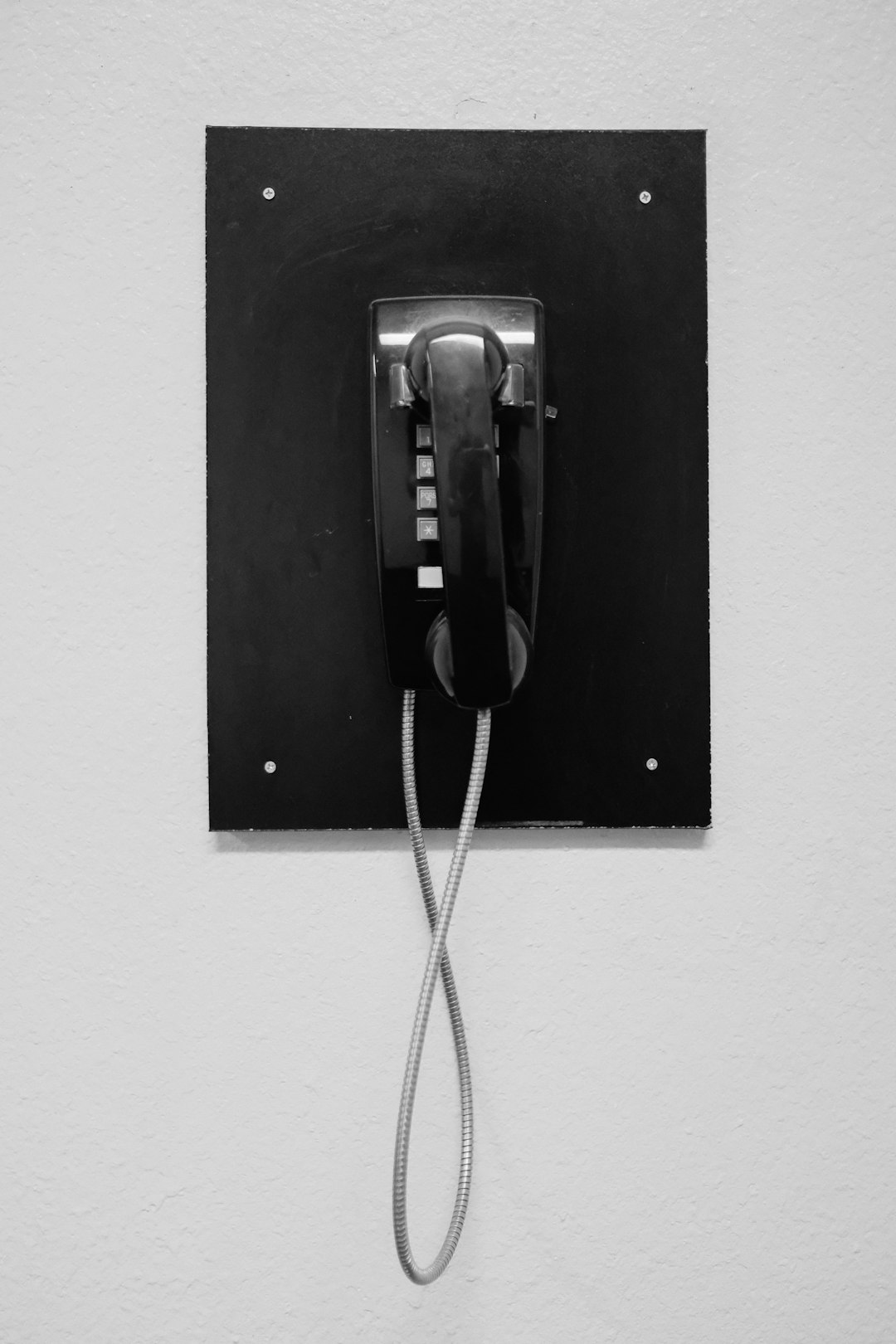In North Dakota, the Fair Debt Collection Practices Act (FDCPA) and state-specific debt collector laws protect consumers from abusive practices. Debtors have rights to challenge debts, respond within limited timeframes, and seek legal recourse. Collectors must provide written notices with detailed debt information and adhere to rules regarding contact frequency, discovery, court appearances, and information exchange. These laws ensure a fair process for both debtors and creditors, with defenses available against aggressive collection practices and a four-year statute of limitations for most debts. Understanding these laws is crucial for protecting one's rights when dealing with legal action from a debt collector in ND.
“In North Dakota, understanding the intricate web of debt collector laws is crucial for both collectors and debtors. This article serves as a comprehensive guide to navigating the legal process in ND, focusing on consumer rights, common defenses, and steps to effectively respond to debt collection actions. By delving into these key aspects, individuals can ensure their rights are protected while managing debt responsibly within North Dakota’s regulatory framework.”
Understanding North Dakota's Debt Collection Laws

In North Dakota, debt collectors are governed by specific laws designed to protect consumers from unfair or abusive practices. Understanding these debt collection laws is crucial for both debtors and creditors alike. The state has established clear guidelines on how debt collectors can interact with individuals, ensuring a balanced approach to recovery while respecting the rights of those owing money.
North Dakota’s debt collection laws are detailed in its Fair Debt Collection Practices Act (FDCPA), which mirrors federal regulations. This legislation outlines the permitted methods and behaviors of debt collectors, including restrictions on when and how they can contact debtors. It also empowers consumers to challenge the validity of their debts and provides avenues for resolving disputes, ensuring a fair process for all parties involved in debt collection activities within the state.
The Legal Process for Debt Collectors in ND

In North Dakota, the legal process for debt collectors is governed by a set of strict regulations aimed at protecting consumers. The Debt Collector Laws of ND outline the rights and responsibilities of both debtors and collectors, ensuring fair practices in the collection of debts. These laws mandate that debt collectors obtain valid judgments before initiating any legal actions, providing debtors with the right to challenge the debt and seek legal recourse if necessary.
The process typically begins with a lawsuit filed by the debt collector in a North Dakota court. The collector must present evidence supporting the validity of the debt, including original contracts, payment records, and any applicable interest or fees. Once served with the lawsuit, debtors have a limited time to respond, often involving filing an answer or a motion to dismiss. Throughout this process, both parties adhere to specific rules regarding discovery, court appearances, and the exchange of information, as outlined in the ND debt collector laws.
Consumer Rights and Protections

In North Dakota, consumer rights and protections are in place to safeguard individuals from unfair or abusive practices by debt collectors. The state’s debt collector laws aim to ensure that collection efforts are conducted ethically and transparently. Under the ND Debt Collector Laws, debt collectors must provide written notice to consumers, detailing the amount owed and the name of the original creditor. They are also prohibited from using intimidating, coercive, or deceptive means to collect debts, including threatening violence or falsifying information.
Additionally, North Dakota law restricts the frequency and manner in which debt collectors can contact consumers. Collectors cannot call more than seven times a week or at unreasonable hours (typically before 8 am or after 9 pm), unless the consumer consents to different terms. These protections give borrowers peace of mind and ensure that they are not subjected to harassing or illegal collection tactics, empowering them to understand their rights under ND Debt Collector Laws.
Common Debtor Defenses in North Dakota

In North Dakota, debtors have certain legal protections against debt collectors. Common defenses include asserting that the debt collector is violating the state’s Debt Collector Laws ND, such as failing to provide proper validation of the debt or engaging in harassing collection practices. If a debtor can prove that the debt collector has committed these violations, they may be able to have the debts dismissed or reduced.
Additionally, debtors can argue that the statute of limitations for collecting the debt has expired, which varies based on the type of debt. North Dakota generally has a four-year limit for most types of debts, meaning if the collection action is initiated after this period, the debtor may be able to defend against it successfully. Other defenses may include challenging the amount of the debt or proving that they have already repaid the debt in full.
Steps for Responding to Legal Actions from Debt Collectors

When faced with legal actions from a debt collector in North Dakota, understanding the steps to respond is crucial. The first step is to review and understand the legal documents received. Debt collectors must adhere to the North Dakota debt collection laws, which outline specific rules regarding communication, disclosure, and practices. Familiarize yourself with these rights as they protect you from unfair or abusive collection tactics.
Next, gather all relevant financial records and proof of any payments made towards the debt. This documentation can be instrumental in building your defense. Consider reaching out to a legal professional who specializes in consumer rights and debt collection laws (ND). They can provide guidance tailored to ND’s regulations, ensuring you respond appropriately and protect your interests throughout the process.






